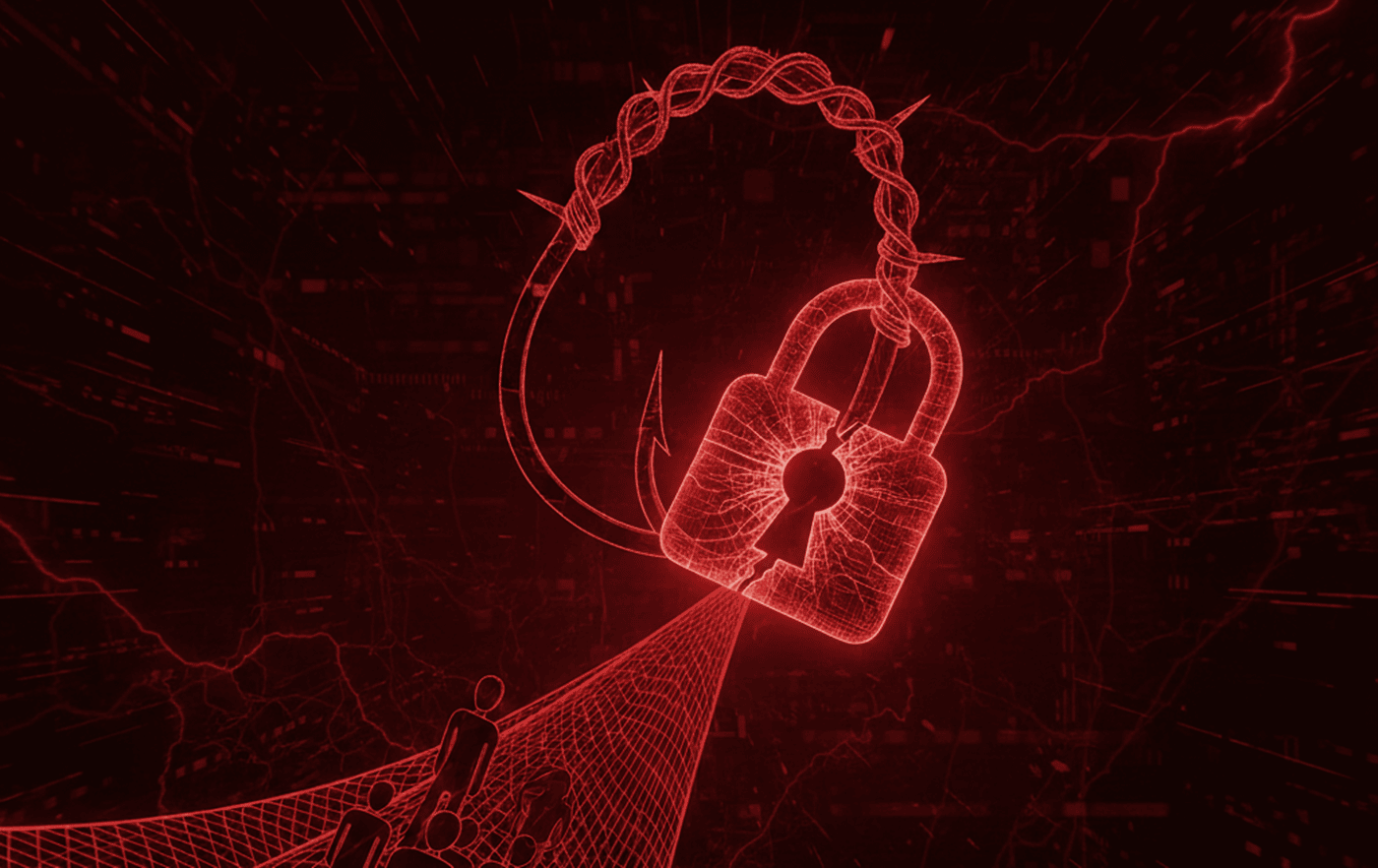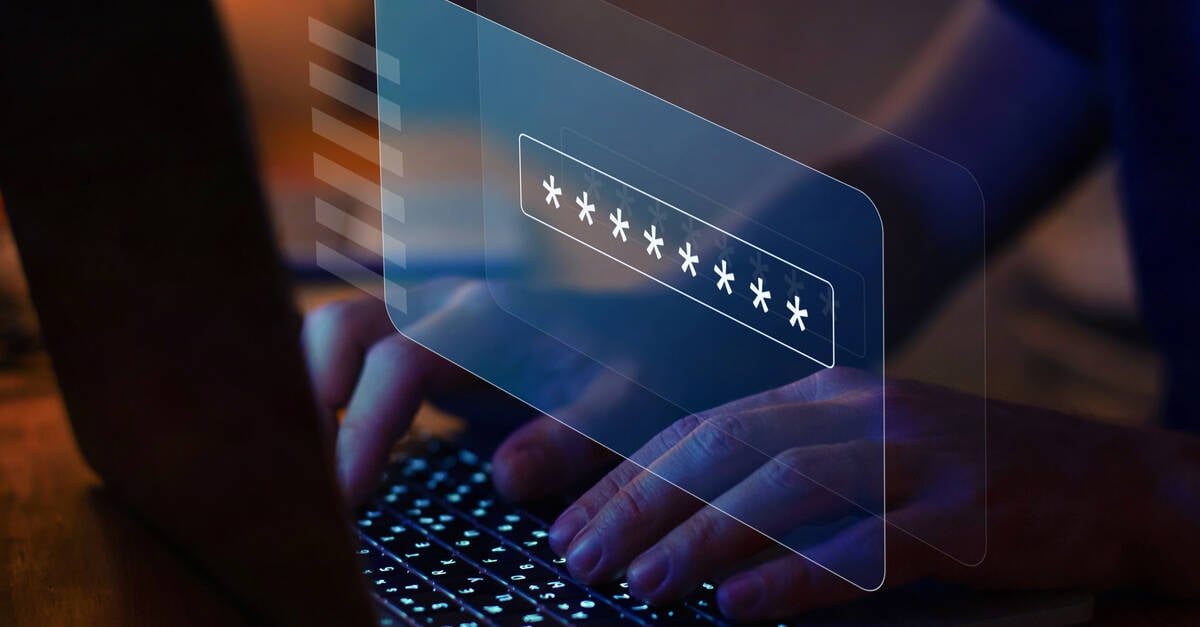fromDataBreaches.Net
5 hours agoNigerian Man Sentenced to Eight Years in Prison for Computer Intrusion and Theft - DataBreaches.Net
Matthew A. Akande, 37, was sentenced by U.S. District Court Judge Indira Talwani to eight years in prison, to be followed by three years of supervised release. Akande was also ordered to pay $1,393,230 in restitution. Akande was arrested in October 2024 at Heathrow Airport in the United Kingdom at the request of the United States and extradited to the United States on March 5, 2025.















